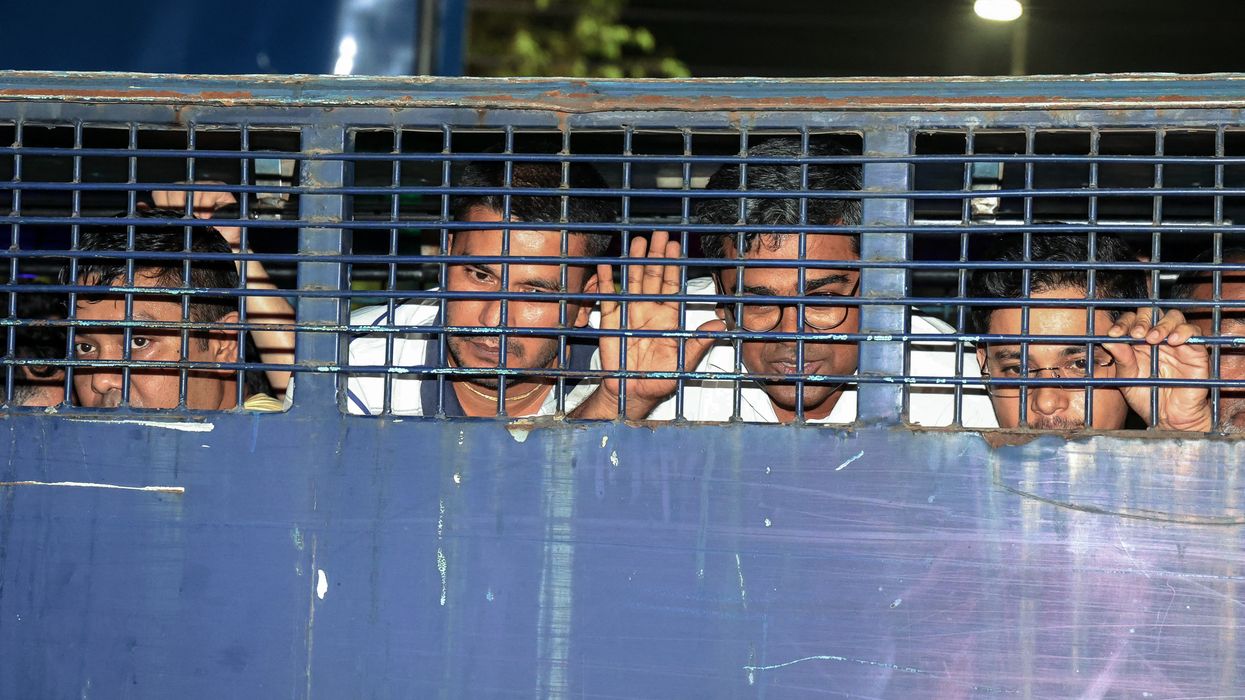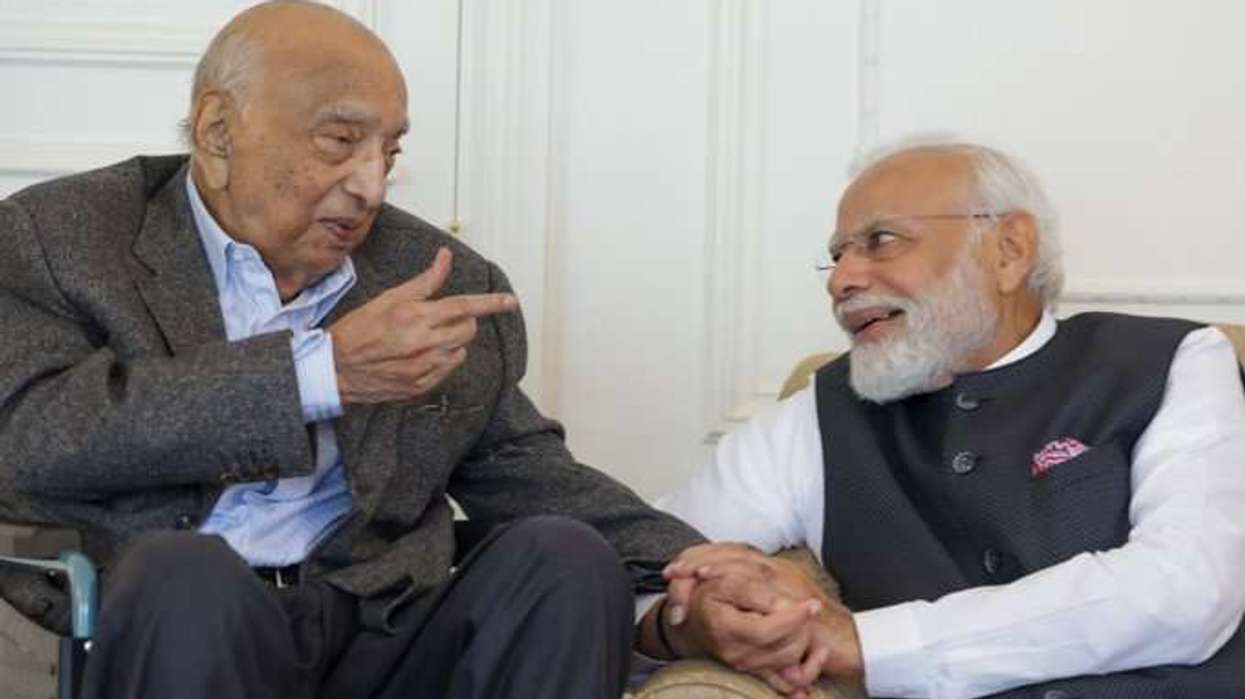A BANGLADESH court ordered at least 70 lawyers linked to the former government to be held in custody last Sunday (6) for the attempted murder of fellow lawyers during last year’s revolution.
All the detained lawyers are senior advocates and belonged to the Awami League party of former prime minister Sheikh Hasina. She was toppled from power by the student-led uprising in August 2024.
“The defendants were accused of attempted murder and assault,” Khorshed Alam, a lawyer representing a private individual who brought the case, told Prothom Alo, a Bengali daily.
He said he had “never seen such an incident of assaulting fellow lawyers in the court premises”, or as many lawyers taken into custody at once.
Alam also said the court in Dhaka had granted bail to one of the lawyers, the former president of the bar association, as well as nine women lawyers.
Lutfor Rahman, who was representing at least 10 of the accused, said his clients had been on bail for eight weeks, and had appeared before the court to seek an extension.
“A lawyer who is an executive committee member of the bar association filed the case against fellow lawyers, just after Sheikh Hasina’s departure,” Rahman said.
The mass charges against the advocates follow a separate case in November when Khane Alam, brother of slain lawyer Saiful Islam Alif, filed a case against 58 Hindu lawyers.
Alif was killed on November 26 when devotees of the Hindu monk Chinmoy Krishna Das went on a rampage after his bail plea was rejected.
The monk is accused of allegedly disrespecting the Bangladeshi flag during a rally in the country. Chinmoy’s supporters claimed the case was filed to prevent lawyers from representing him.




